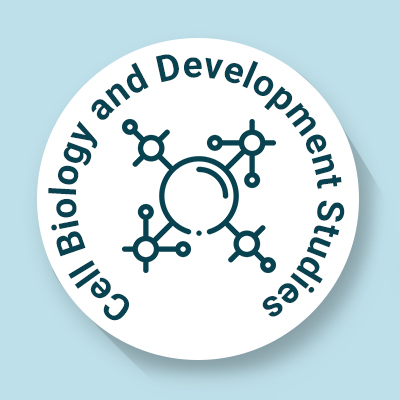Cell Cycle
The cell serves as the fundamental structural and functional unit of all living organisms. It is the essential unit that, when joined with like cells, creates a tissue and organs. The cell experiences a sequence of processes that lead to the replication of the cell along with DNA. This is referred to as cell cycle. The cell cycle, or cell division, denotes sequence of processes occurring in a cell that results in its growth and eventual division. These occurrences involve the replication of its genome and the creation of cell organelles, which is then succeeded by the division of cytoplasm. Human cells display a standard eukaryotic cell cycle and require approximately 24 hours to finish one cycle of growth and division. The length of the cycle, nonetheless, differs among organism and cells. For a cell to divide, it needs to accomplish several key tasks: it has to grow, replicate its genetic material (DNA), and physically separate into two daughter cells. Cells conduct all functions in a structured, reliable sequence of stages known as the cell cycle. The cell cycle is a cyclical, rambling, because at the
conclusion of each cycle is categorized into two primary phases: interphase and miotic (M) phase. In interphases in size and duplicates its DNA, while in the miotic (M) phase, it divides its DNA into two sets and splits its cytoplasm, resulting in two new cells. Various cells require varying durations to finish the cell cycle. A standard human cell require roughly 24 hours to replicate, yet quickly dividing mammalian cells, such as those that line the intestine, can Finish a cycle every 9-10 hours when they're grown in culture.

